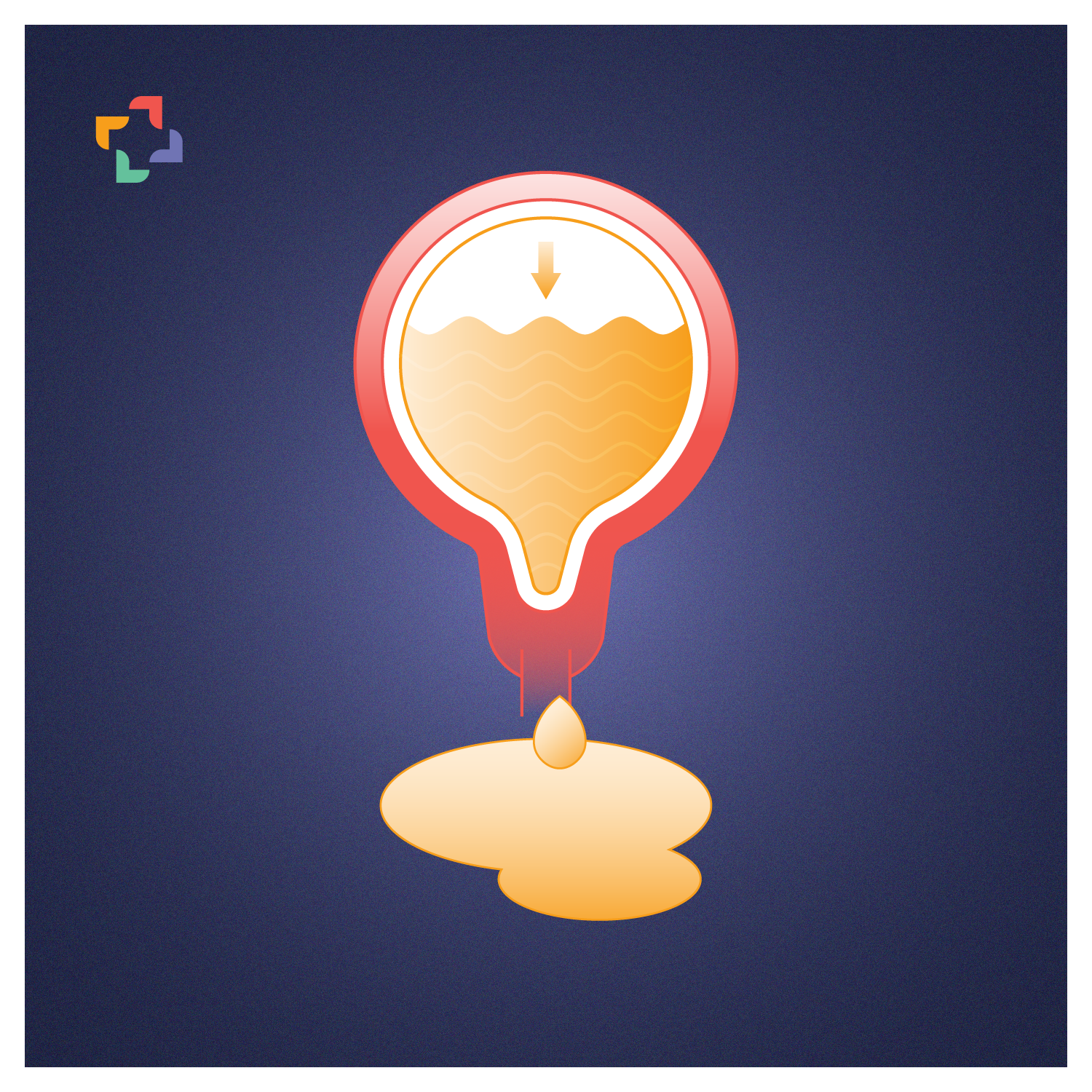Enuresis
Learning Objectives
At the end of this course, participants should be able to:
- To understand the association between enuresis and bladder/bowel dysfunction
- To recognize the association between enuresis and psychological issues in children
- To learn the initial management for the treatment of daytime urinary incontinence and nocturnal enuresis
- To recognize other modalities used to treat daytime urinary incontinence and nocturnal enuresis and their limitations
Intended Audience:
This online course is designed for pediatricians, family physicians, and pediatric nurses.
Abstract:
Enuresis is a common problem among children. This lecture will review both daytime urinary incontinence and nocturnal enuresis in children and provide conference attendees with practical strategies to employ in the treatment of children who present with these disorders.
Assessment and Earning CME Credit:
This course in English is not CME-accredited. However, it provides valuable educational content that can enhance your knowledge and skills in the subject matter. To receive CME credit for this course in Armenia, you must take the course in Armenian and complete the post-course quiz. You have three chances to achieve a passing score of 70%. Once you pass the quiz, we will send your information to the Armenian Ministry of Health for credits.

Dr. Joan Ko
Dr. Joan Ko is an Assistant Professor of Urology working in the Division of Pediatric Urology at Children’s Hospital Los Angeles. She earned her undergraduate degree in Molecular, Cellular, and Developmental Biology at Yale University and attended medical school at the University of Virginia. She completed her general surgery internship and urology residency at Johns Hopkins Hospital, then went on to complete her pediatric urology fellowship at Children’s Hospital of Philadelphia. At CHLA, Dr. Ko is the Director of Clinical Research and oversees many active projects within the Division of Pediatric Urology. Dr. Ko has special interests in the care of complex urologic patients with disorders such as spina bifida, bladder exstrophy-epispadias complex, and cloacal malformations but enjoys caring for all pediatric urology patients.

